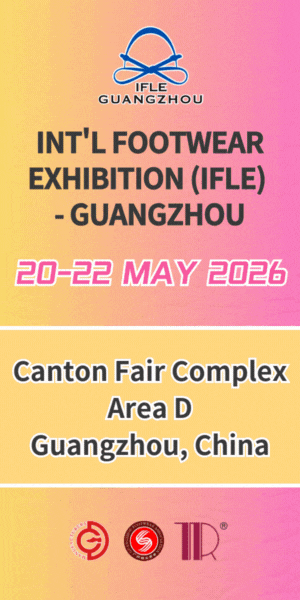Lineapelle concludes in Milan
28/02/2025

Around 1,100 suppliers, including tanneries, chemical companies and component makers, met in Milan for the twice-yearly three-day fair, showing collections and products for spring-summer 26, with the fair scheduled to coincide with footwear and leathergoods fairs Micam and Mipel.
Consultancy Spin360 once again organised Science-based Fashion Talks, with topics including leather’s durability, regenerative agriculture and reducing leather’s impact. Speakers represented companies including Hugo Boss, Fendi, Tod’s and Textile Exchange.
Based on 11-month figures from data provider ISTAT, there was a 4.3% decline in turnover and 7.6% fall in Italian leather production volumes in 2024.
The country-specific figures show wide variations. Among the top 20 export countries, Spain (+11 %), Vietnam (+23 %), Germany (+6 %) and India (+2 %) increased exports; France, China and South Korea were largely flat. Shipments to the US (-4%), Serbia (-3%) and the UK (-4%) declined slightly, while substantial declines were seen in Romania (-11%), Tunisia (-10%), Portugal (-6%), Albania (-11%), Poland (-12%), Slovakia (-15%), Mexico, (-10%), Turkey (-30%), Czech Republic (-20%) and Hungary (-7%).
Italian footwear exports declined around 6% compared with 2023 while leathergoods fell “double digits”, affected by international instability, the slowdown of markets such as China and Germany, and the difficulties of access to credit for Italian companies.
One positive sector was garments, which continues to absorb an increasing amount of leather.
The report said: “The ongoing international political tensions that have been a feature of the last few years, and their severe consequences at the economic level, have intensified an economic slowdown that affects consumer products and the supply chains. While on the global political level there have recently been signs of possible relaxation of existing conflicts, the prospects for trade still appear difficult and uncertain, with the risk of further exacerbation, and effects are difficult to fully discern at the global level.”







